Tunisia
On Tuesday, Tunisian rights groups warned that freedoms were now at risk in the country.
21 non-governmental groups which comprise the National Journalists' Union sounded the alarm on Tuesday. During a press conference they denounced last Friday's police actions against journalists and protesters. "We have seen street closures (overlooking Bourguiba Avenue) and the banning of citizens from their right to rally, Mehdi Jlassi, the president of the Tunisian Journalists' Union said. The protesters were violently beaten and dozens were detained and at least six are still in detention till this day. There were also a large number of photographers and journalists, Tunisian and foreign, who were violently assaulted."
Last week, police backed by water cannon charged at demonstrators, fired tear gas, and arrested dozens. The protests took place despite a ban on gatherings and an evening curfew. Their gathering coincided with the 11th anniversary of late dictator Zine El Abidine Ben Ali's flight into exile.
Dangerous situation
However, Police cracked down heavily as hundreds gathered to rally against a July 2021 "coup" by Saied in Tunisia, the birthplace of the Arab Spring revolts against authoritarianism. "We consider the situation dangerous, Jlassi added. This tension must not remain during the coming days because it will increase the tension and division in the street. We tell the authorities that there must be a clear discourse on rights and freedoms."
On July 25, Said suspended parliament, dismissed the prime minister and said he would assume executive powers. Then in September he took steps to rule by decree. On early January, the Tunisian government cited the rise of COVID 19 cases to introduce a night curfew. Political opponents to the president Kais Said believe the move was politically motivated.




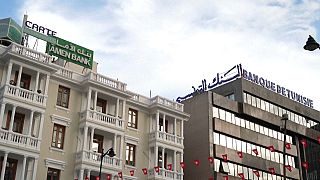
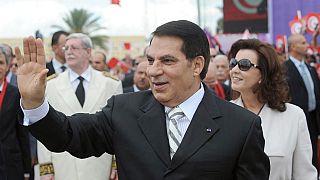
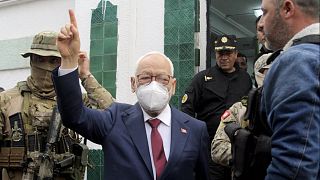
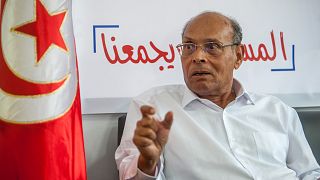
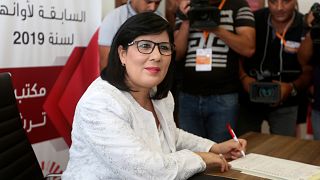
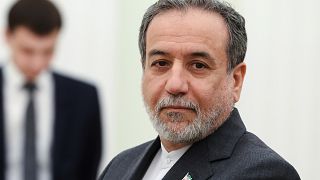


Go to video
Togo protest crackdown raises fears of worsening political crisis
02:21
Ivorian diaspora in Paris demands free and inclusive elections ahead of October vote
02:16
Kenya's William Ruto faces growing discontent over economy and police brutality
01:02
Togo: Amnesty International calls for end to use of force against protesters
00:50
Ons Jabeur retires from Wimbledon Opener due to breathing issues
00:48
Death toll in Kenyan anti-government protests rises to 16, says rights group